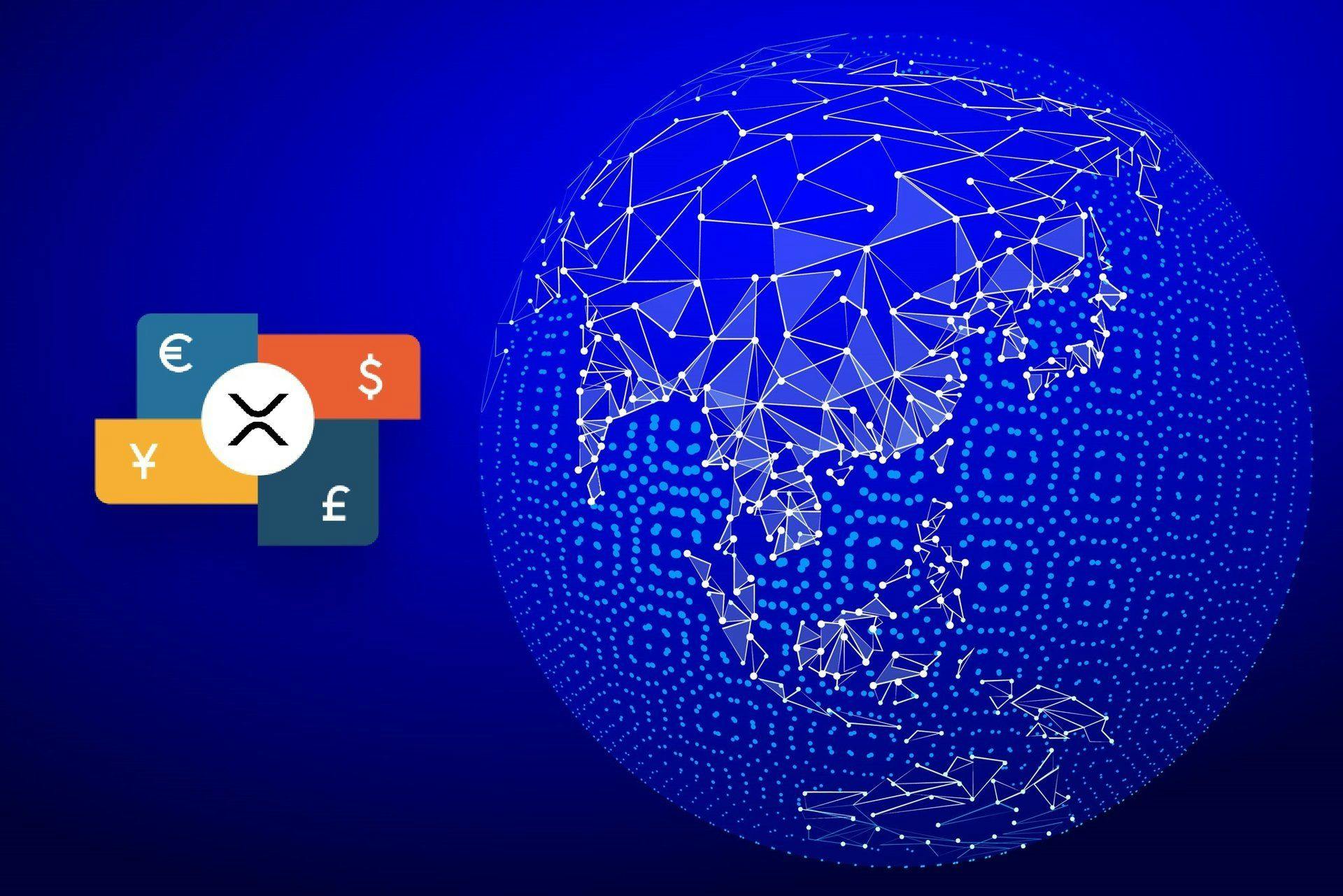23,970 reads
Ripple Is Orders Of Magnitude Better Than SWIFT GPI and Correspondent Banking Protocols
by
January 10th, 2021
Audio Presented by

Founder of DigitalGen Financial Services. Focusing on financial and crypto education.
About Author
Founder of DigitalGen Financial Services. Focusing on financial and crypto education.
Comments
TOPICS
Related Stories
10 Essential Essays on Bitcoin
Aug 07, 2020
